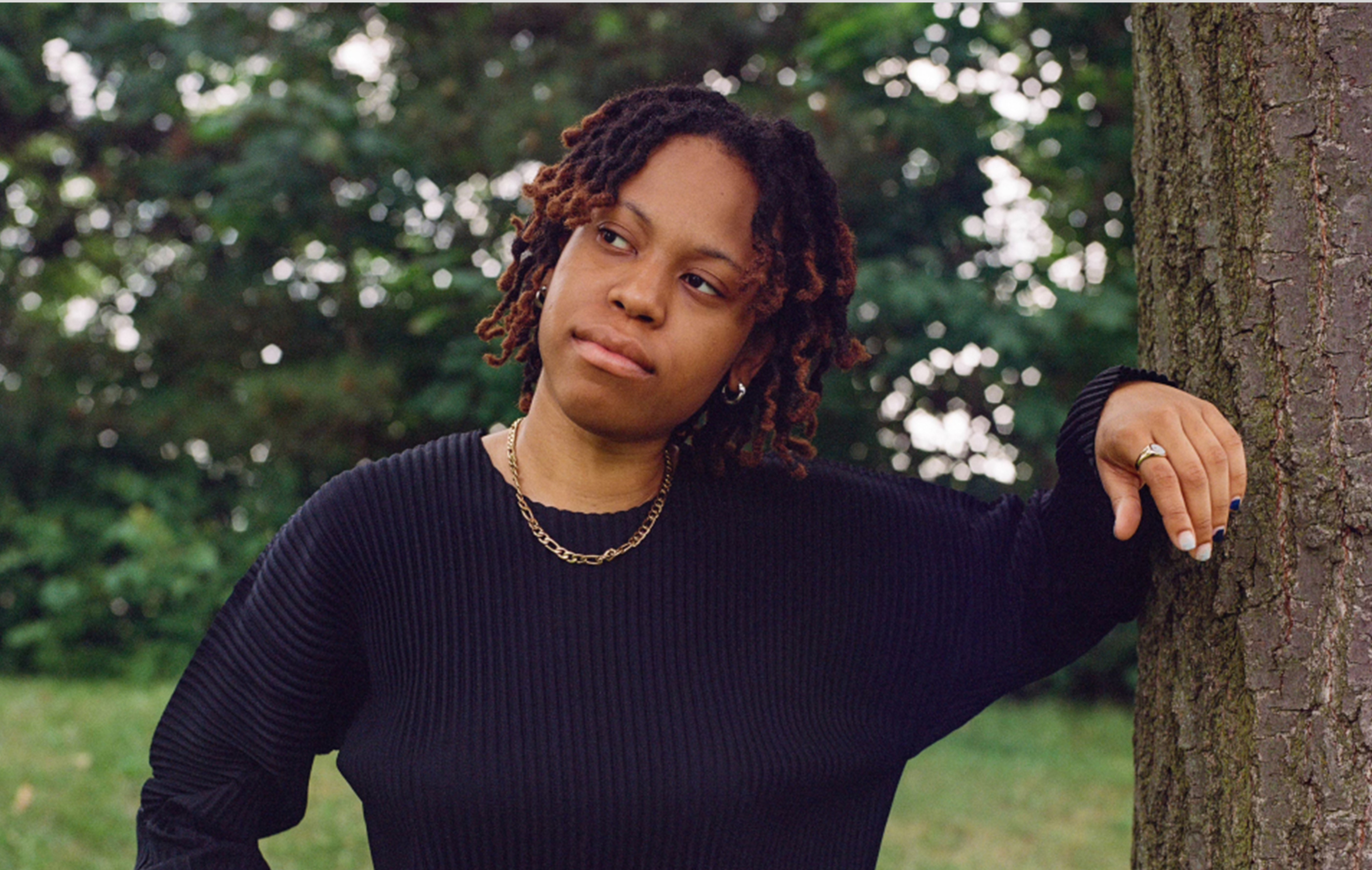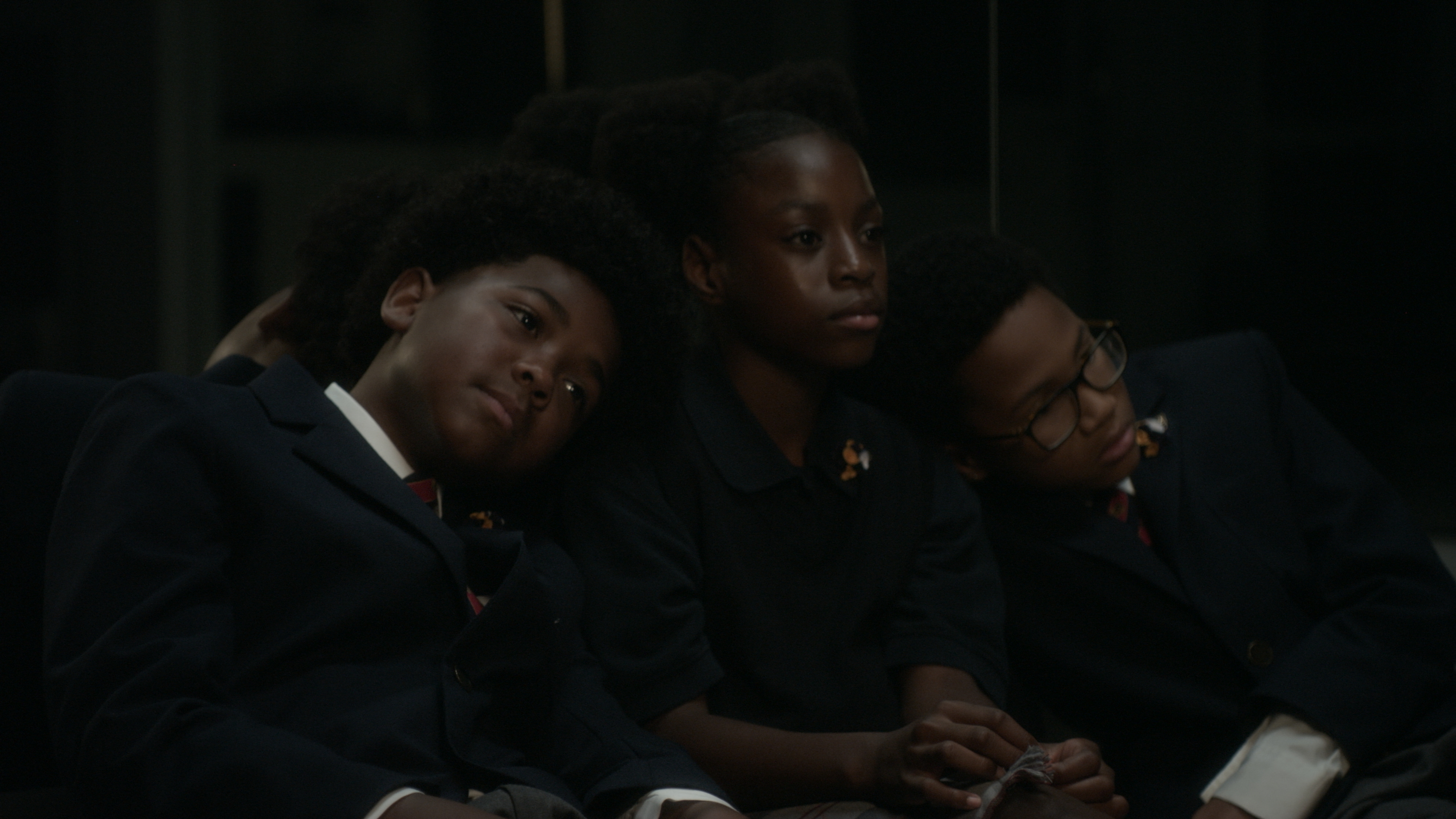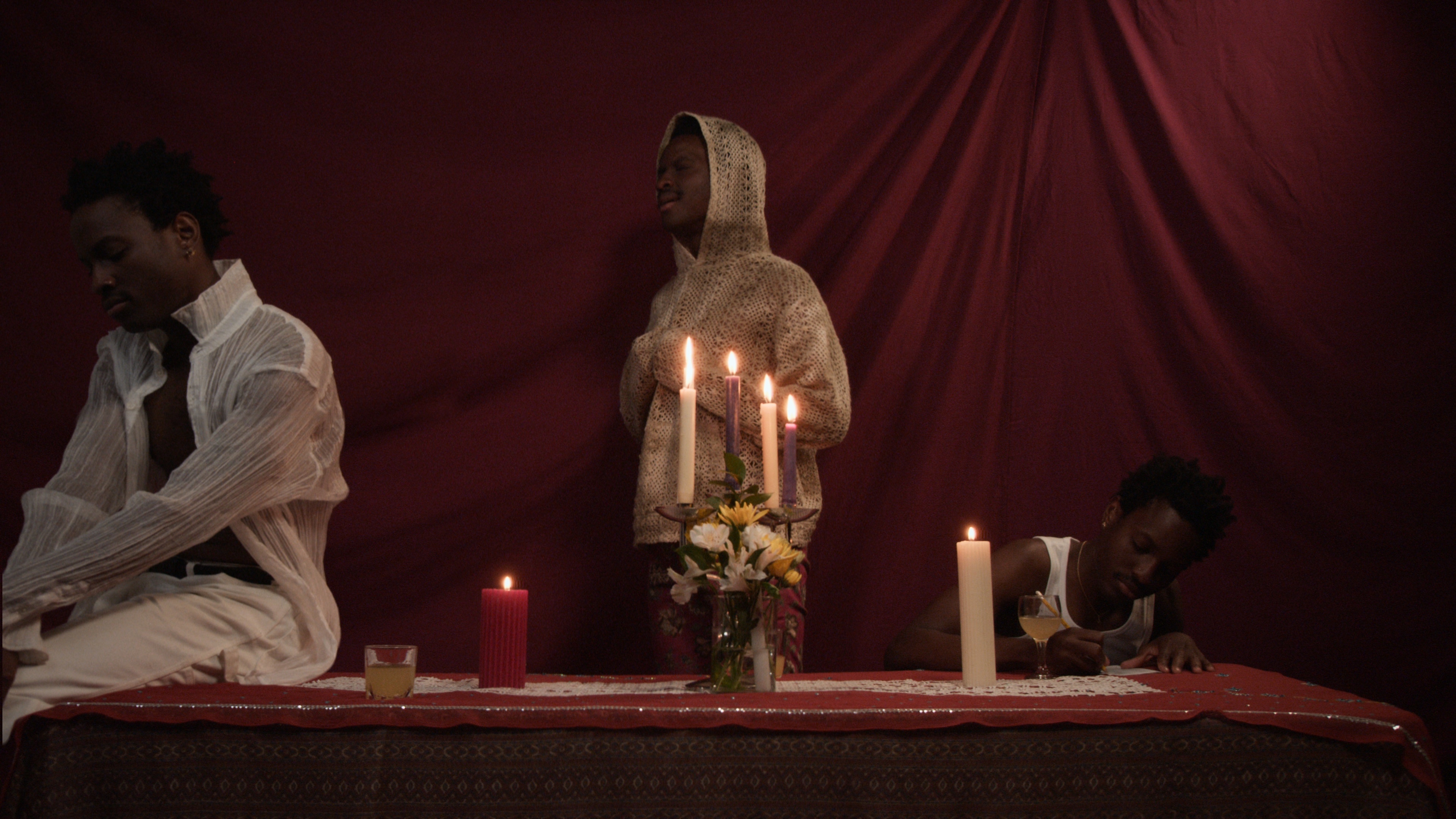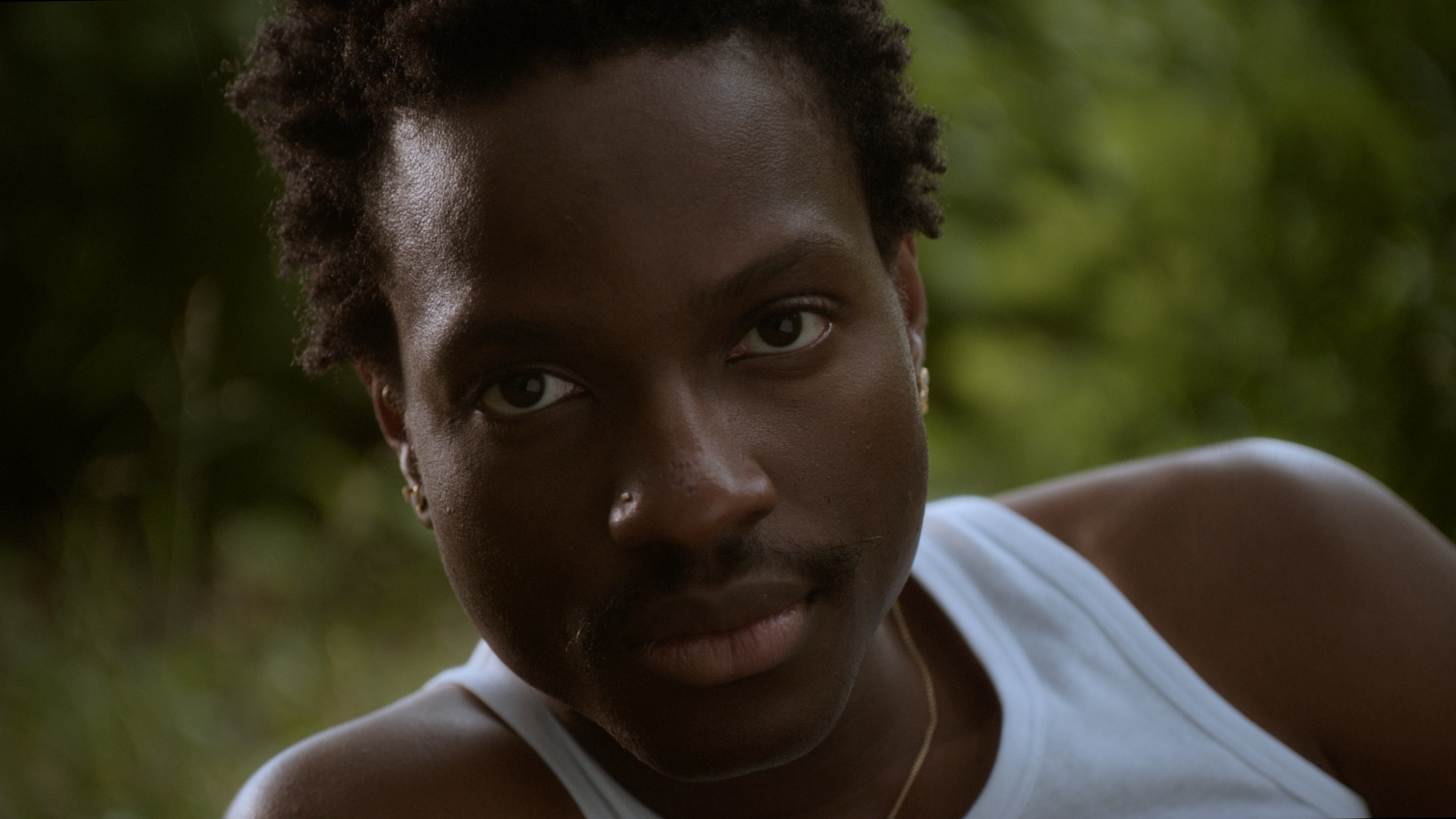
10.10.24 - Isabel Okoro named inaugural Filmmaker-in-Residence at the Daniels Faculty
The John H. Daniels Faculty of Architecture, Landscape, and Design at the University of Toronto is excited to announce Isabel Okoro as its inaugural Filmmaker-in-Residence.
This new initiative, generously supported through private donor support and the Equity, Diversity and Inclusion Initiatives Fund at the Faculty, provides a platform for emerging and mid-career filmmakers whose work reflects a commitment to historically underrepresented communities within the Faculty’s diverse disciplines.
“I am thrilled that this new residency has begun this fall,” says Robert Levit, Acting Dean of the Daniels Faculty. “It’s an important demonstration of our desire at the Faculty to include as wide a range of voices and experiences as possible in the work we do and to encourage the kind of cross-fertilization of ideas that comes with such exchanges. I want to congratulate and thank everyone who worked toward bringing the residency about and very much look forward to Isabel’s time with us.”
Running from early October to late November 2024, Okoro’s residency will engage a wide array of Daniels Faculty members, including undergraduate and graduate students, faculty and staff through a series of workshops and a public lecture. The goal of the residency is to explore how cultural representations in film and video can build community, foster belonging and enhance engagement across the Faculty.
Born and raised in Lagos, Nigeria and now based in Toronto, Okoro produces multidisciplinary work inspired by her identity and the diverse community of creators from the global diaspora of which she is a part. Recent projects include the video installation it’s real, i watched it happen, exhibited during Nuit Blanche in Toronto, and the exhibition Constructing Eternity at FÁBRICA in Mexico City.
As an artist whose work sits comfortably on the line of reality and imagination, world-building is Okoro’s preferred method of storytelling. She has spent the last three years developing the visual universe Eternity.
“I think a lot about what is and how that informs what could be,” Okoro explains. “In moments of uncertainty and distress, I tend to find myself looking back at my dreams and imagining the stories I’d like to see. Dwelling in the present leaves very little to the imagination, so I find solace in my own visual universe, Eternity, where hope and trust in Black imagination is the sole foundation.”
Her work is characterized by “Normatopia,” a concept she coined to describe a world where lived experiences—both good and bad—are central. “A Normatopia describes what is normal, not perfect,” Okoro notes. “So the question becomes, what is normal to me? I believe that normal is simply the right to be.”
During a series of workshops over the Faculty’s Reading Week (October 28-November 1) and a public lecture on Wednesday, November 13 at 4:00 p.m., Okoro intends to expand on the factors she considers when world-building and developing her cinematic language—including discussions on research, screenwriting, directing, music and post-production.
“My hope is that my time on campus will promote a transparent and inclusive space where students, faculty, and the surrounding community can hold space for one another while we experience the power of communal discussion and creation.”
Details on how to participate in the workshops and registration for the public lecture will be published soon.
Photo Credit: Bidemi Oloyede




